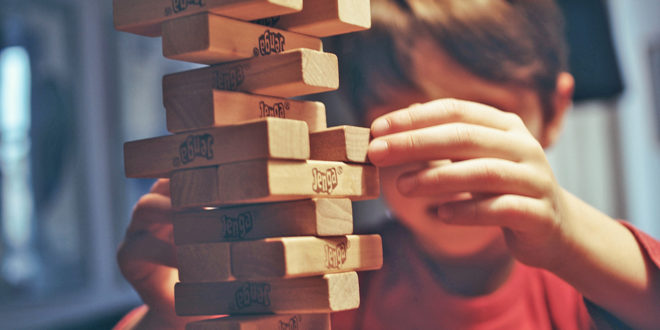Our immediate family used to have some dear friends who were like another set of parents to us. These loving and fun people enjoyed playing board games and patiently introduced our children to quite a variety. We would play and eat snacks, laugh and even keep scores. Sometimes it was the women against the men, or teams of one adult with one child. We have great memories of those nights.
However, one of our current adult family members refuses to play any games. We have tried inviting this person into a variety of games without success. I am left to wonder how humiliated or frustrated this family member experienced games as a child. I don’t remember being part of that process so it may have happened at school. Some people find it very difficult to learn the instructions, or to navigate the required social skills.
Last week I tried playing a memory matching card game with my three-year-old grandson. Taking turns and following rules was a learning process for him. After missing a match, Grandson often wanted to turn over a third card out of turn. I decided to extend some grace and bend a rule so he could experience the thrill of finding matching cards. He was a little distressed when I matched cards that he had wanted to find. He enjoyed knowing he could accomplish new goals and win the game. We will play again and as he gets older I will expect greater attention to rules and behavior.
Games can be good for our mental skills. They can also be dangerous depending on content and the attitude of the players. I have encountered adults who play games like three-year-olds. (We once got rid of a Monopoly game after a ruined evening with an aggressive player). Perhaps fragile identities demand that they must win. At the same time it’s not very enjoyable if you know that others have consistently “let you win.” Long ago I decided that in order to enjoy games I couldn’t be too concerned with winning or losing. For me, games equal times with friends, having conversation, and maybe a good snack. It’s about the journey, not the destination.
I learn things about myself from games–I am stressed by timed games and don’t enjoy some word games! Also I am not patient at reading instructions and teaching new ones. I accept that sometimes I win, and that losing doesn’t really diminish my self-respect. However, I am encouraged when I discover a game to which I am well suited. Also I know that it isn’t much fun to continue playing one when the same person always wins. I am suspicious that cheaters hold that as a life philosophy. And the biggest losers are the ones who lose their friends over games.
Questions for personal journaling or group discussion:
1. What is your most enjoyable experience while playing a game?
2. In what area of your life must you be a winner? What is the alternative?
If you liked this, you may also like The Big Gamble
© 2002 - 2026, AnswersForMe.org. All rights reserved. Click here for content usage information. Answers for Me Support & encouragement for every-day life
Answers for Me Support & encouragement for every-day life



